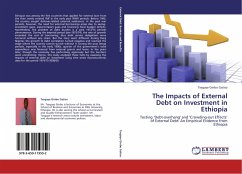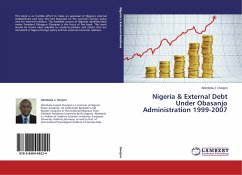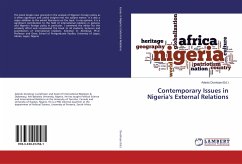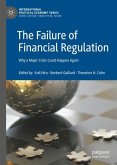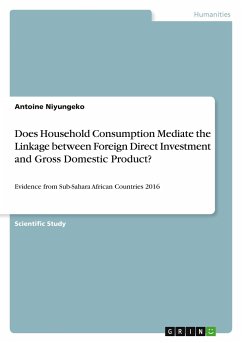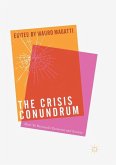Ethiopia was among the first countries that applied for external loan from the then newly created IMF in the early post WWII periods. Before 1945, the country sought defense-related external assistances. In the post war periods, however, the need for external borrowings arises due to saving-investment gaps, export-import gaps and financing fiscal budget deficits. Nonetheless, the problem of debt burden is a post 1973/74 periods phenomenon. During the imperial period (pre-1973/74), the rate of growth exceeded the cost of borrowing; thus debt service obligations were honored without any strain. But the story went different during Derg Regime; the growth to debt correlation turned negative and reached the stage where the country cannot survive without it. During the post Derge periods, especially in the early 1990s, quarter of the government s total expenditure was financed from external grants and loans. In the years later, though the economy has performing vigorously but the burdens seem unrelenting. Hence, this study analyzed these facts by assessing the impacts of external debt on investment using time series macroeconomic data for the period 1974/75-2008/09.
Bitte wählen Sie Ihr Anliegen aus.
Rechnungen
Retourenschein anfordern
Bestellstatus
Storno

